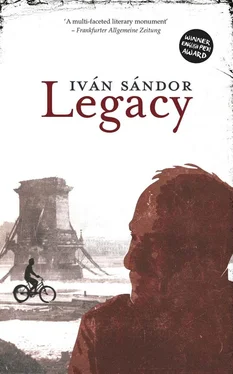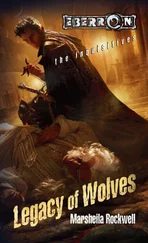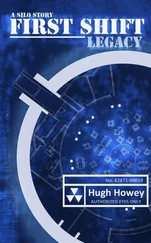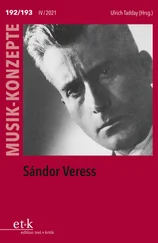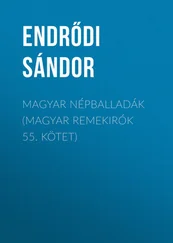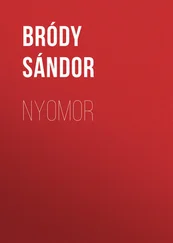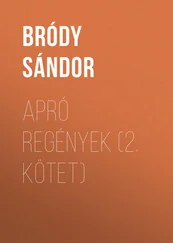I stood for a long time in each of the three exhibition rooms, reading all the captions. I was aware earlier but could now study how a work of art is produced from an object picked out of nature and, on being set back into nature, preserves its aesthetic objectness by dissolving into its infinitude. I am not particularly disposed to creative approaches of that kind, but on the way back I reflect on whether or not I do, in fact, work in this manner, and is not fate my natural material, which, after working on it, I then place back if not into nature but, as it were, into its natural medium of history.
Again I chose the bench on the outermost back row on the deck and have another look at Ancona’s dream harbour, see the wicker chair in which I drank my beer. By now the colours of sunset dominate the pristine blue of the lake and emerald-green of the mountainsides as if a heavy metal gate had been lowered from the clouds. A layer of darkness is forming on the lake, as if the air were stratifying, one layer covering the other; all has been thrown into uncertainty; the line of Ancona’s hotels in the distance seems both to be and not to be. The Madonna del Sasso hovers, but it is impossible to tell whether that is above the city or below the clouds. The snow has perhaps melted off the peaks, the rocks float in the dusk, and when a farewell finally has to be taken from everything that was visible the light glimmers, quite from where is inexplicable — not at the base of the sky, not between the clouds as they open up, nor reflected from the calm surface of the lake; it glimmers and once more illumines everything.
A seagull is perched on the rail of the deck, an arm’s length away, watching me, its body quivering.
After the sun has set the rose-tinted block of the Grand Hotel makes its appearance in its vespertine light. The huge terrace is outlined. The walls become transparent; one can imagine black-coated ministers seated at diplomats’ tables, lining up with ceremonial steps. Each takes his place in turn in the same armchair; secretaries hand each other pens to sign the agreements.
As if it were not the Madonna del Sasso which is many hundreds of years old but the Grand Hotel.
I had to come here in order to live to see the moment in which so much becomes transparent, to be able to glimpse even myself as I sit on a balcony of the first-floor room and note down that I had to come here, and so that after sunset I am able to participate once more in the illumining strength of the glimmering light, and it occurs to me that I encountered such a feeling a long time ago, but where was that and when …?
The seagull takes wing from the railing. It circles around, its trajectory cannot be followed.
The string of market stalls, the cafés under the arcades, the hotel terraces that overlook the lake, shoppers. Ice-cream eaters, diners. Perambulators. Elderly women in jeans; young women in beribboned straw hats.
The couple is a few metres behind. Are they following me? They are in identical diamond-mosaic harlequin costumes, not holding hands, although their fingertips are touching each other.
A warning bell sounds in the distance. The sound is not shrill or soft; not quiet and not loud — I find it hard to say quite what the sound is like.
The lights of the Grand Hotel come on.
Every window is alight.
The big terrace overlooking the park is also floodlit; the walls, witnesses to history, are like backdrops. The boughs of the trees are fluttering in the wind as it picks up. Assistants are racing down the paths; make-up artists are at work on the steps leading to the terrace; camera operators arrive, cameras on shoulders. A young man in a white polo-neck sweater and white Bermuda shorts races towards the building with a military uniform over one arm; he has slapped an SS officer’s cap with its death’s-head badge on to his head.
The actors and the survivors gather on the terrace. Make-up artists are diligently at work on the faces. The actor playing the role of Eichmann feels the cap is too big for his head and is padding paper under the sweatband to make it fit better. My travelling companions are drinking coffee; the woman who was in Auschwitz asks for a tea.
The grounds slowly fill up with onlookers.
The two harlequins slip in not far from me, as if they really were under instructions to do so. Up till now I had always seen them as a couple moving about on a stage. Now they are watching as spectators.
Could it be that what I am seeing is two men? Or two women? Does it matter? In any case they are indistinguishable.
The tourists cannot have the slightest idea — even for me it is an insoluble task — who on the terrace is a survivor and who an actor. An assistant calls several of the spectators on to the terrace, as if the instruction did not come as a surprise to them, as if they had been waiting for it. A row of bushes in front of the terrace is hiding, like a fire screen, the legs of those waiting for the director’s instructions, so that only the upper bodies, arms and heads can be seen as in a puppet show. As if the survivors were the actors and the actors the witnesses, an assistant with flowing blonde locks hurries towards me. Schnell! Schnell! I’ve been looking for you for ages, she calls out. I try to take cover; the two harlequins are considerately concealing me as if we had ended up in some shared scene. The assistant grabs me by the arm and repeats that people are being kept waiting. Schnell! Schnell! Dragging me behind her, wrestling me up the steps. I step among the performers with the gravity of my shame. I hear a cry of Cameras roll!
I know what I have to do when I have to line up.
Father does not fold the blanket up in military fashion — there is no time for that — he folds it in four and clamps it under one arm. Mother squeezes a pair of warm stockings into the pocket of my haversack. I carry Vera’s little suitcase. Vera takes the blanket from Father, and he helps Mother put the haversack on her back.
Two Arrow Crossers are standing on the first-floor landing. We have to get into line; the front is already assembling in front of the gateway. Everyone is shouting out to husbands and wives, children try to stay beside their parents. Old people are helped down from the third-floor apartment. They are the last. Father says we should stand close together in line, to get into the same row at the front gate.
The warden is downstairs, a woman says.
How can you know that? You always know everything. You can’t even see who is at the gate.
The gent came up just now. He said so.
The gent is the physicist. The warden is in negotiations about the house’s residents being under the protection of the Swiss and Swedish legations, he tells Father.
Ghetto or the bank of the Danube? a man asks.
Don’t … The warden is talking it over.
I’m telling you the warden won’t have any say in the matter, and nor will you. In the end they’ll make out they are in the same position as we are. If confronted, they’ll pin yellow stars on; it would have been better if they had noticed earlier.
The physicist runs down to the gate then comes back up. People have arrived from the Swiss Legation he says. We are standing closely pressed together on the stairs. Listen here, people, the warden shouts out after a while. Everyone back to their places. Those who were in the cellar back to the cellar, and those who were in an apartment back to the apartment.
Gizi’s call can also be heard shouting out Bőzsi’s name. Mother wants to go down to her, but Father holds her back. He asks the warden if we might move down into the cellar because the apartment on the top floor is too cold.
The warden dishes out instructions: strident voice, short sentences. Do what I say. Calm down. There is no room in the cellar. Wait.
Читать дальше
